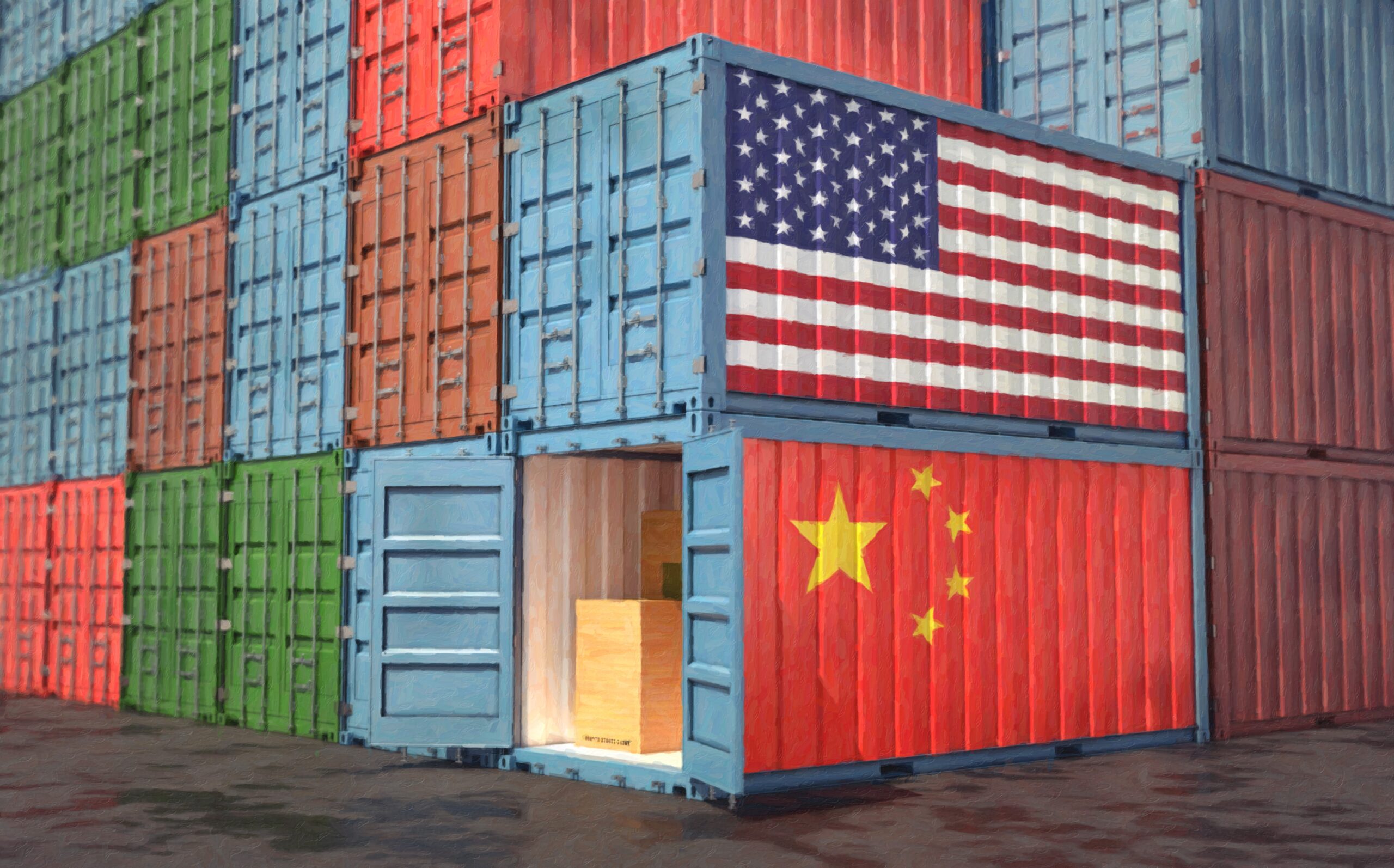In a significant political development, former U.S. President Donald Trump has been inaugurated once again. While there were no immediate actions taken on trade tariffs, he announced February 1st as the decision date for potential tariff implementation. This announcement has caused uncertainty across global markets.
Countries including Canada, Mexico, China, the European Union, and Russia could be affected. The global trade community is watching closely as Trump’s past actions on tariffs had major consequences on international trade flows and global GDP.
Global Markets React to Potential Trade Tariffs
Although no tariffs were enacted immediately, investors and businesses spent the week preparing for possible policy changes. Trade tariffs, if implemented, could increase the cost of imported goods, disrupt supply chains, and affect inflation worldwide.
Case Study: 2018–2019 U.S.-China Tariff War– During Trump’s previous administration, tariffs on Chinese imports led to higher consumer prices in the U.S. and retaliatory tariffs on U.S. exports, particularly in agriculture and technology. A 2019 report by the Federal Reserve estimated the tariffs cost American consumers and businesses $1.4 billion per month.
Similar patterns may unfold if trade tariffs are reintroduced.
Central Banks Remain Key Players Amid Tariff Concerns
While trade tariffs dominated headlines, global central banks were also active. Several monetary policy decisions are expected in the upcoming week from institutions like the Federal Reserve (Fed), Bank of Canada (BoC), European Central Bank (ECB), and Sweden’s Riksbank.
Current Developments:
- Bank of Japan surprised markets by raising interest rates, reflecting stronger-than-expected inflation.
- Europe’s PMIs showed economic resilience, providing some support to the eurozone outlook.
- The U.S. Dollar remains under pressure but could stabilize if the Fed holds rates steady.
Upcoming Central Bank Decisions and Rate Forecasts
Here’s what to expect from key central banks next week:
- Riksbank: Possible Rate Cut– Sweden’s Riksbank is expected to cut interest rates by 25 basis points. Inflation data suggests slowing price growth, giving the central bank room to ease.
- Bank of Canada (BoC): Cautious Policy Path– The BoC may also reduce rates by 25 basis points. Although inflation is moderating, the Canadian economy shows signs of slowing, requiring a measured approach.
- Federal Reserve: Expected to Hold Rates– The Fed is widely expected to maintain its current rate level. With inflation around target and growth still intact, the central bank is likely to pause and observe economic trends.
- European Central Bank (ECB): Potential Rate Cut– The ECB may lower rates due to weak inflation in the eurozone. However, markets don’t expect strong guidance or bold policy moves from ECB President Christine Lagarde.
Trade Tariffs: The Major Economic Risk Ahead
The biggest uncertainty remains the potential reintroduction of trade tariffs on February 1st. If implemented, tariffs could have several negative effects:
- Higher prices for consumers
- Reduced export demand for businesses
- Slower global economic growth
- Increased pressure on central banks to respond
Despite these risks, markets appear complacent. Many investors are not fully pricing in the impact of possible trade barriers.
Real-Life Example: In 2019, General Motors reported a $1 billion increase in costs due to steel and aluminum tariffs. These cost pressures led to plant closures and job losses in the U.S. manufacturing sector.
The Economic Outlook for the Week Ahead
Here is what traders and investors should watch in the coming days:
- Trade Tariff Decision (Feb 1st): Markets await Trump’s final decision. This will be a major driver of risk sentiment and price movements.
- Central Bank Rate Announcements: Decisions by the Fed, BoC, Riksbank, and ECB will shape monetary policy expectations.
- Currency Movements: The U.S. dollar may strengthen if the Fed holds rates and tariffs raise concerns about global stability. The euro and Canadian dollar could weaken under rate cut pressures.
Final Thoughts: Prepare for Market Volatility
The financial markets face multiple challenges this week. From trade tariffs and political uncertainty to central bank decisions, volatility is likely. Investors should stay cautious and informed.
Key Takeaways:
- Trade tariffs could return, causing price increases and supply chain disruptions.
- Central banks are adjusting policies in response to changing inflation and growth dynamics.
- The dollar may recover slightly, but the euro and Canadian dollar remain at risk.
- Long-term investors should focus on diversification and avoid overreacting to short-term news.
As the global economy adapts to new policy directions, staying updated on key developments like trade tariffs and interest rate changes will be essential for navigating financial markets.
Markets are rocking, and so are we. Join our Discord for the real trade talk!
Click here to read our latest article: Trading Intuition- What it Really Means?



